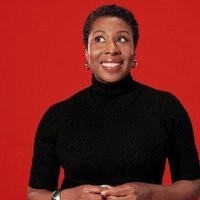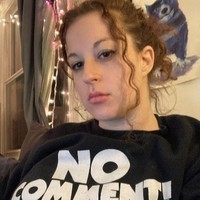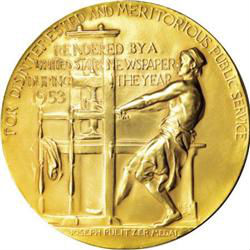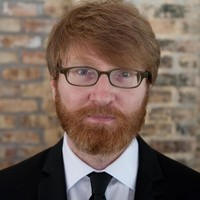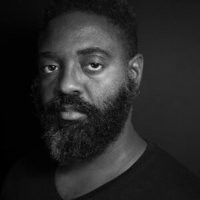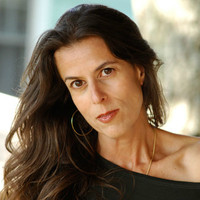Unlimited Power
A yearlong investigation by BuzzFeed News, based on leaked recordings, internal documents, and dozens of interviews with fans and insiders, reveals how Robbins has berated abuse victims and subjected his followers to unorthodox and potentially dangerous techniques. And former female fans and staffers have accused him of inappropriate sexual advances.
